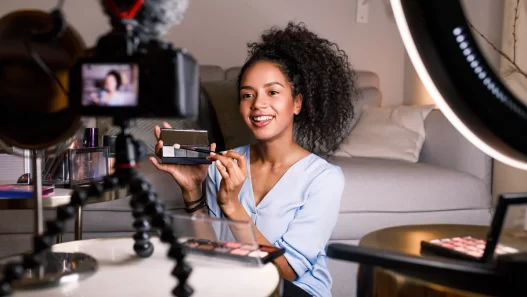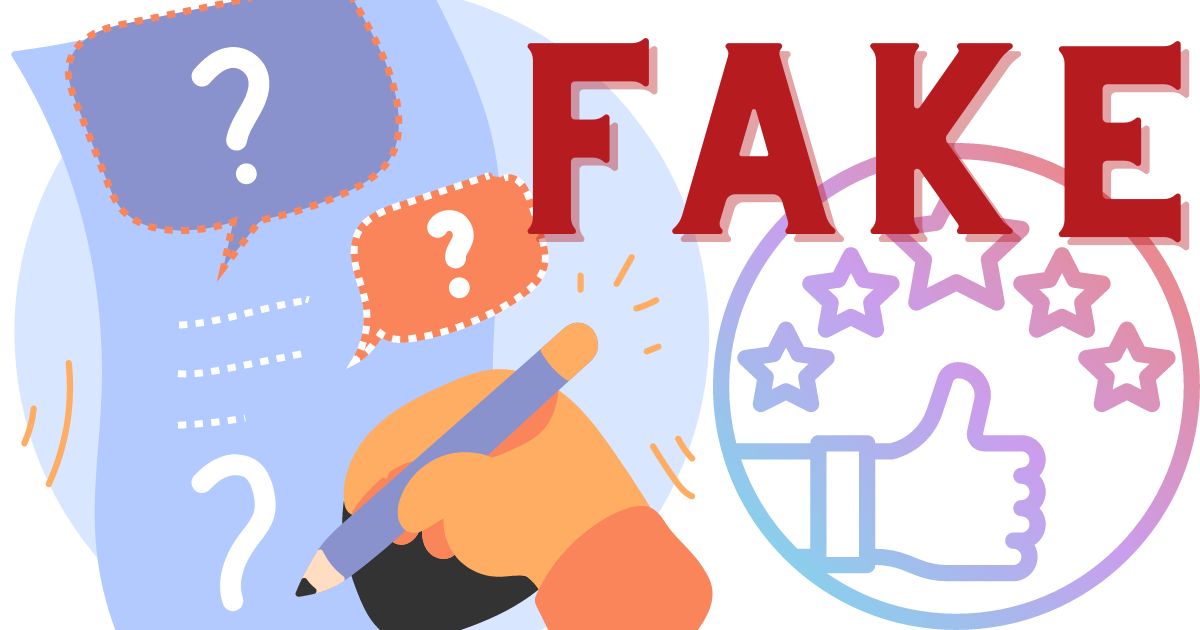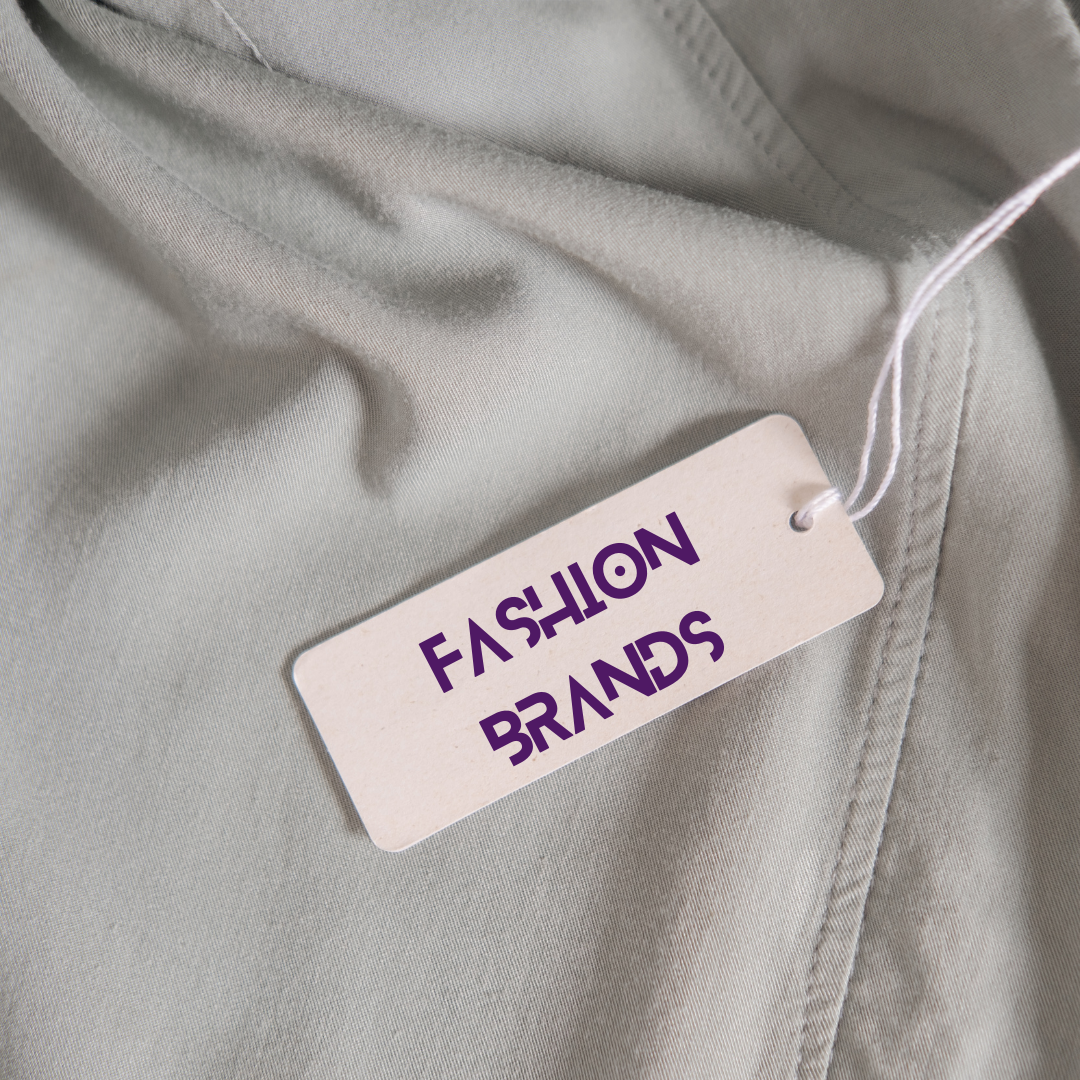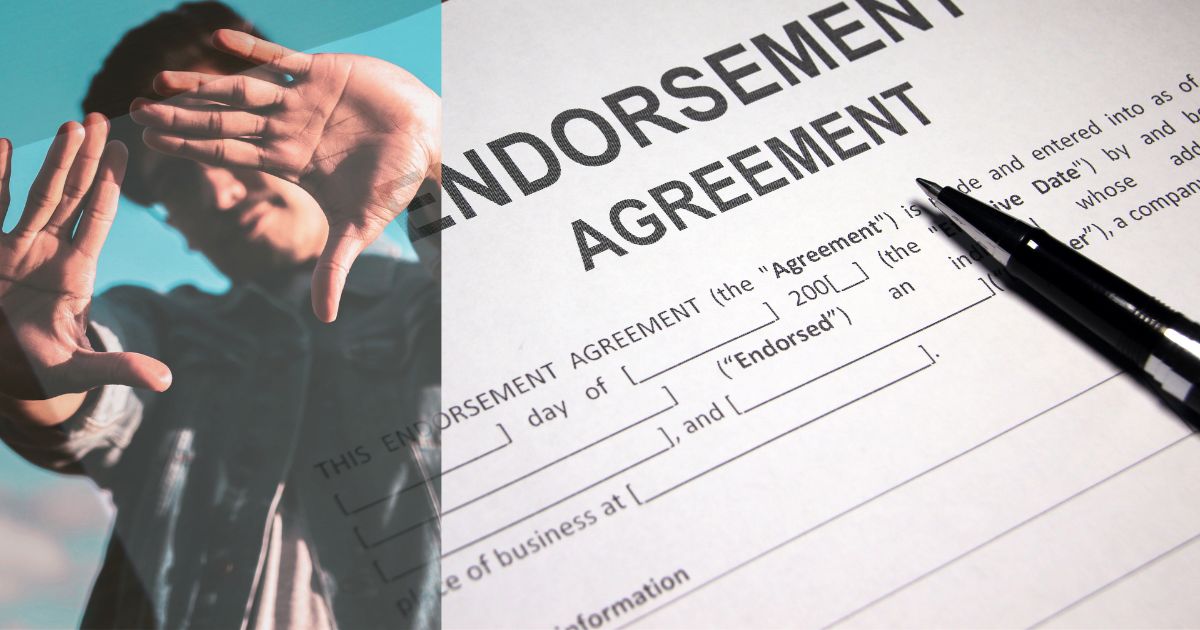Riaz a 53 year old professional, wanted to gift his wife a new mobile. He was spoiled for choices and just couldn’t decide. Friends, family all gave suggestions, but the trader in Riaz was not convinced. He wanted the best at the cheapest possible price. He started scouring the internet for reviews. After doing considerable research (mostly reviews) he zeroed in on a new offering from a relatively new brand, not knowing that most reviews were fake or paid for. He was tricked into buying a product that wasn’t good.
The above stated is an example which could happen to most of us too. Today most of us purchase our products online for various reasons like attractive sales, pricing, wide range of collections, and most importantly to save time as we all are busy with our lives. Before the product is purchased most customers tend to read the reviews and see how the other consumers have rated a product. We tend to believe that these reviews are legit but this is the mistake most of us make as in many cases they can be fake. In such cases it can have an impact on the customers as they might start to mistrust or undermine the genuine information that is made by the purchasers.
Websites must only accept reviews from consumers who have actually bought and used a product and not everyone must have access to post reviews. For example, Amazon has an option that enables the reviewers to add an “Amazon Verified Purchase” tag to their reviews and this tag will help the other customers find out if the reviewer actually purchased the item through Amazon. However there are high chances that even these reviews are rigged as the sellers may ask you to purchase the product for free in return for a fake review or rating and this will remain undetected by amazon. Just to increase their business these sellers indulge in such activities and this is one of the most sinister sides of business we all are unaware of. There are also part time jobs to review a product on some websites for which people are paid. Amazon has sued and penalized several sellers and reviewers in the past to reduce the number of fraudulent reviews that exist in their platform. However it is not easy to get hold of all the violators.
HOW TO DETECT A FAKE REVIEW
Detecting a fake review is not very easy as they mimic and can look very similar to an original review.
Linguistic characteristics are a big giveaway. Reviews that are deceptive are longer and will have content that is not related to the product and will contain statements like “my mom and I used to buy them from the original store” instead of merely stating the truth. Even a single worded review with exclamation is considered to be fake. Paying attention to the complexity of the words used is very important as false reviews will contain shorter or easier words. Reviews that are legit are always to the point and are more specific about the spatial configuration.
Look at the date of the review because sometimes the review is written even before the products have been released and these reviews are unauthentic reviews. It is very unlikely for any customer to have extreme emotions for a product. Therefore any review with an extreme negative or positive view will be a false review. Fakespot.com and Review Meta are websites that will help you to check the authenticity of a review just by pasting the URL. All these factors can help us assess if a given review is fake or not. If the consumers are more cautious while reading reviews and detect the fake ones it will help to increase the standard of products in the market.
LEGALITY
Fraudulent methods of marketing a product are unlawful in many countries. In India the right to be informed under the Consumer Protection Act, 2019 is violated because of the existence of fake reviews which leads to misleading the customers. According to the Act every customer has the right to be informed about the quality, quantity, potency, purity, price, standard and services of a product. Section 17 of the Consumer Protection Act states that in case of any misleading advertisement or unfair trade practices the consumer can inform the District Collector or the Central Authority either by electronic mode or in writing.
The European Union Directive has barred oneself from misrepresenting as a customer, promotion of a product in the editorial content without making it clear that the trader has paid for the advertisement, any sort of deception or idea that can cause confusion in the minds of people, unfair trade practices and comparative advertising. Faking to be a customer and promoting a product is also prohibited in the UK under the Unfair Trading Regulation 2008 and incase of any breach the penalty will be an imprisonment for 2 years or/and unlimited fine. UK has certain rules that are developed. Article 3.1 states that advertisements cannot be misleading. Article 3.5 states that the communication cannot be misleading. Article 3.45 states that there must be documentary evidence of a testimony while marketing to prove that it is authentic. Section 5(a) under the Federal Commission Act prohibits unfair trade practices or any deceptive methods that can affect commerce. Section 18 of Australian Consumer protection Act does not allow any conduct that can be deceiving.
HOW TO DEAL WITH FAKE REVIEWS
- The information asymmetries must be reduced or even eliminated. This would also allow the consumers to trust the marketplace with increased confidence, which will expand the readiness of the customers to be participants in the marketplace.
- Recognizing the capable beneficiaries to regulate the laws that affect the impartial and efficacious functioning of the market is important as it can improve the marketplace condition.
- Many businesses which are completely legitimate, are concerned about the damage that fake and misleading reviews can cause to them. Therefore recognizing the matters of policies and statutory concerns to the allies is another way to deal with fake reviews.
- If any misconduct or misbehavior is identified, firms can examine and take defamation actions, and also disclose their findings to the media organizations to shame the offenders.
- Education programs can be undertaken to educate the marketers and firms about the legality of enactment that allow false reviews.
- Small rewards, or some acknowledgements can be given to consumers or businesses who spot offenders and report them to regulators.
- Support can be provided to private systems that recognize and report on the sites that allow or bear fake reviews.
As responsible citizens its best to not indulge in writing false reviews online, take up jobs to review products, or accept any sort of reward from the sellers in return for a review. We must report sites that engage and allow this as consumers can start losing confidence in the marketplace. Online sales is expanding quickly therefore it must be a safe place for the consumers to purchase.
REFFERENCE
- ANDERSON, (June 2014), Reviews Without a Purchase: Low Ratings, Loyal Customers, and Deception, https://www.jstor.org/stable/10.2307/26661833
- Mayzlin, (AUGUST 2014), Promotional Reviews: An Empirical Investigation of Online Review Manipulation, https://www.jstor.org/stable/42920894
- Malbon, J. (2013). Taking fake online consumer reviews seriously. Journal of Consumer Policy, 36(2), 139-158.
Author: ************@***il.com” data-hovercard-owner-id=”140″>Hridya Nambiar


















